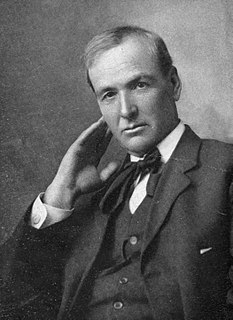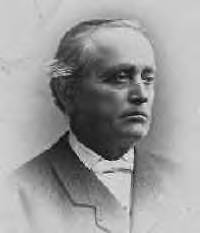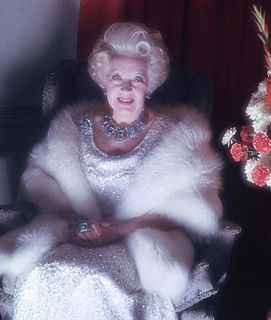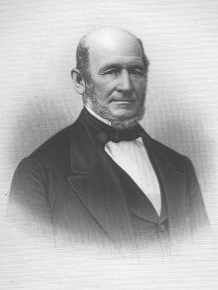A Quote by E. W. Howe
A woman might as well propose: her husband will claim she did.
Related Quotes
A friend, who's a psychologist, told me about a patient once: a woman who was well educated, had a good job, a house and a loving husband. "I did everything right in my life," said the woman. "But I'm still not happy." She never did what she herself wanted, but what she believed society expected from her.
What's amazing to me is how many of the issues facing women in the ancient world still linger today. Take Odysseus' wife, Penelope, a brilliant, resourceful woman who ends up in a terrible situation: in her husband's absence, she is being held hostage in her own home by men who claim to be courting her. She tries to make them leave, but because she's a woman they refuse, blaming their bad behavior on her desirability.
The Hillary Clinton story basically is this. And see how similar this sounds to the old days before the modern era of feminism raised its head. You're a girl, you're a young woman, what do you do? You go off to college. That's what she did. Why do you go? To meet your husband. That's what she did. She wouldn't be where she is if it weren't for her husband.
I talked to my mother about it a lot. I asked her what it was like to grow up in New York and Harlem in the 1920s and 1930s, and I asked her about a woman leaving her husband. I asked her about how she would feel about that woman, and my mother grew up in the Church Of God In Christ, and she told me that the woman might be isolated because the other women thought she might go and come after their husbands. That's how they thought then.
The doctor's wife wasn't a bad woman. She was sufficiently convinced of her own importance to believe that God actually did watch everything she did and listen to everything she said, and she was too taken up with rooting out the pride she was prone to feeling in her own holiness to notice any other failings she might have had. She was a do-gooder, which means that all the ill she did, she did without realizing it.
Daisy has a unique spirit. A warm and romantic nature. If she is forced into a loveless marriage, she will be devastated. She deserves a husband who will cherish her for everything she is, and who will protect her from the harsher realities of the world. A husband who will allow her to dream." -Westcliff
Judge and prosecutor had hammered it home that Lady Chatterly was an immoral woman, that she had had sexual relations before marriage, that she had committed adultery under her husband's roof; as if these charges somehow disqualified her from participation in serious literature. Indeed, there were long periods of the trial during which an outsider might well have assumed that a divorce case was being heard.
Adultery is in most cases a theft in the dark. At such moments almost every woman betrays her husband's innermost secrets; becomes a Delilah who discloses to a stranger, discloses to her lover, the mysteries of her husband's strength or weakness. What seems to me treason is, not that women give themselves, but that a woman is prone, when she does so, to justify herself to herself by uncovering her husband's nakedness, exposing it to the inquisitive and scornful gaze of a stranger.







































